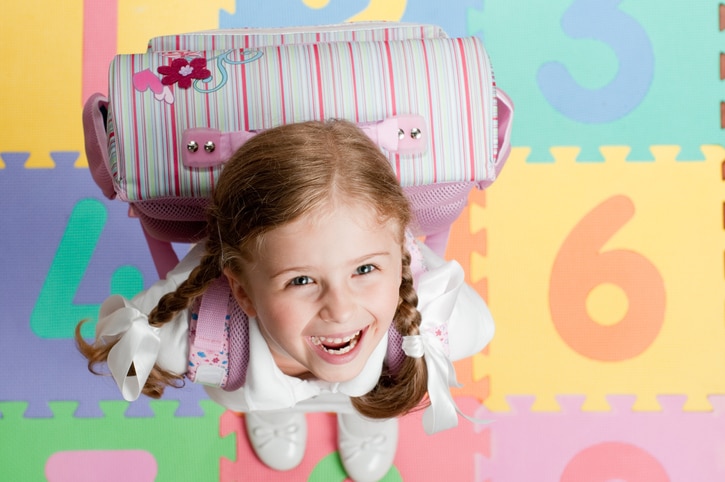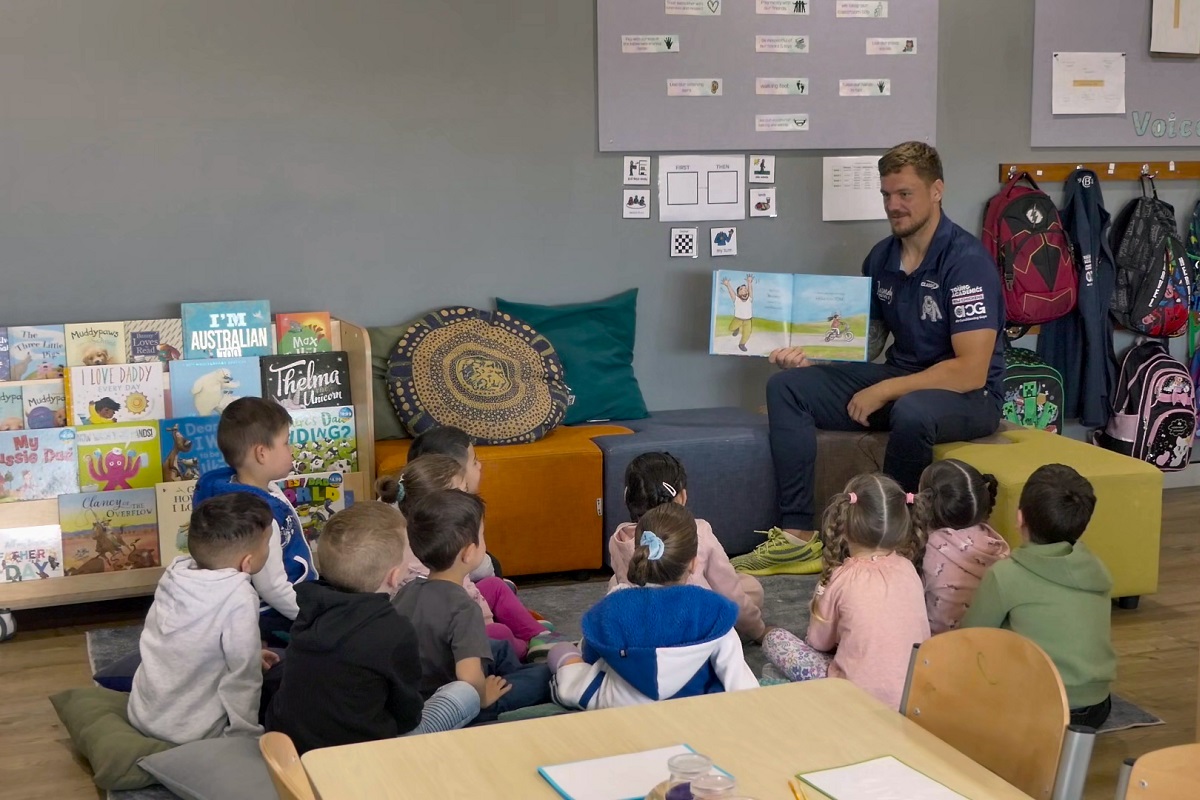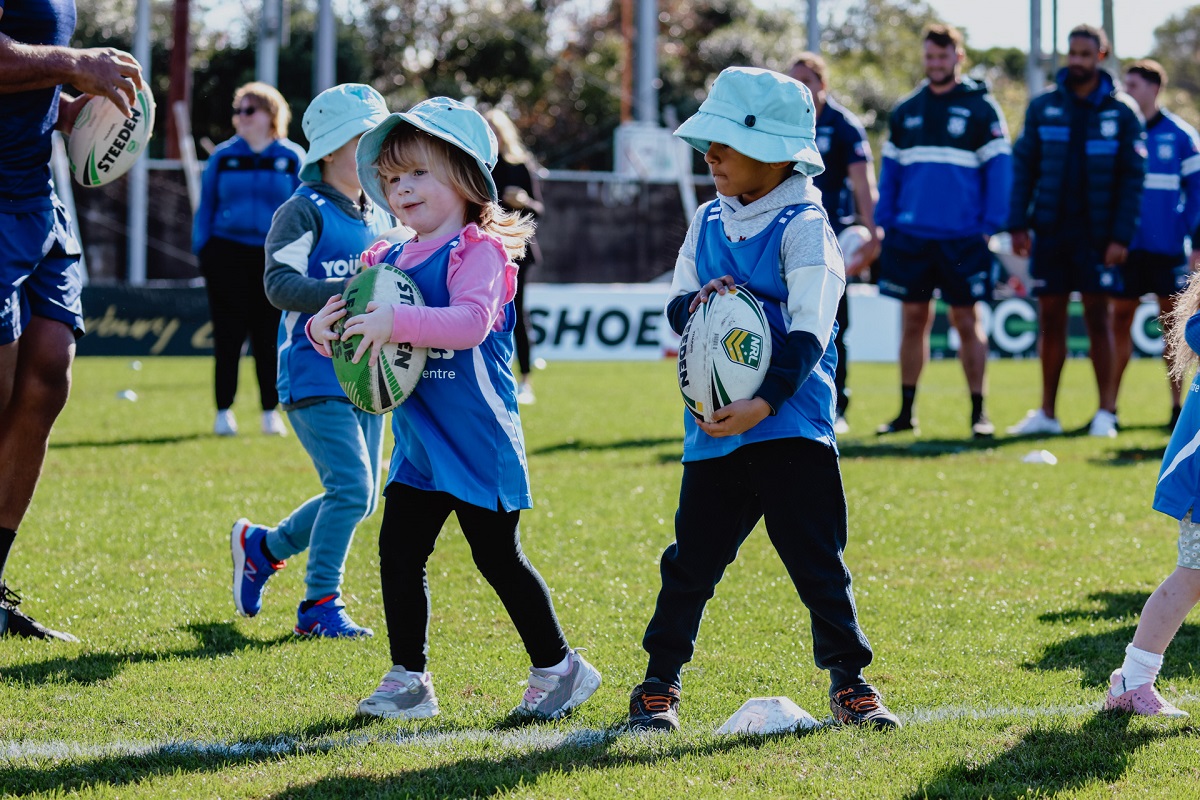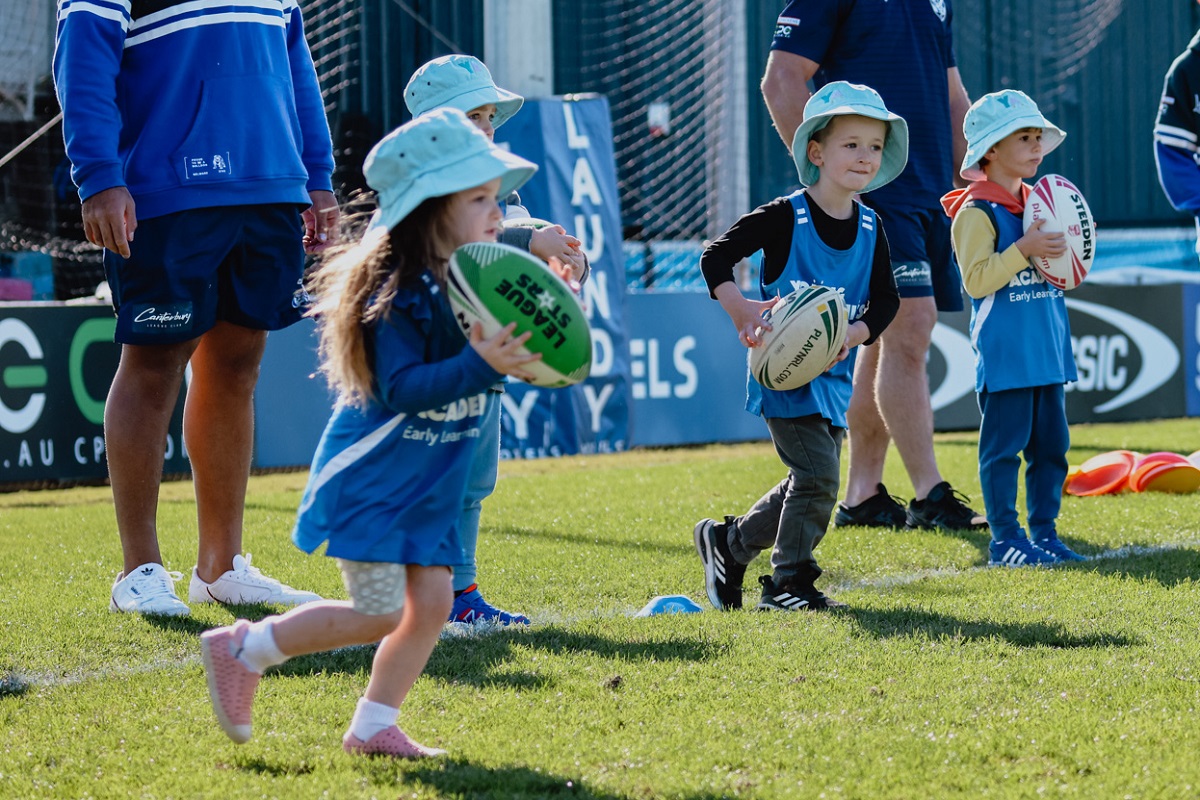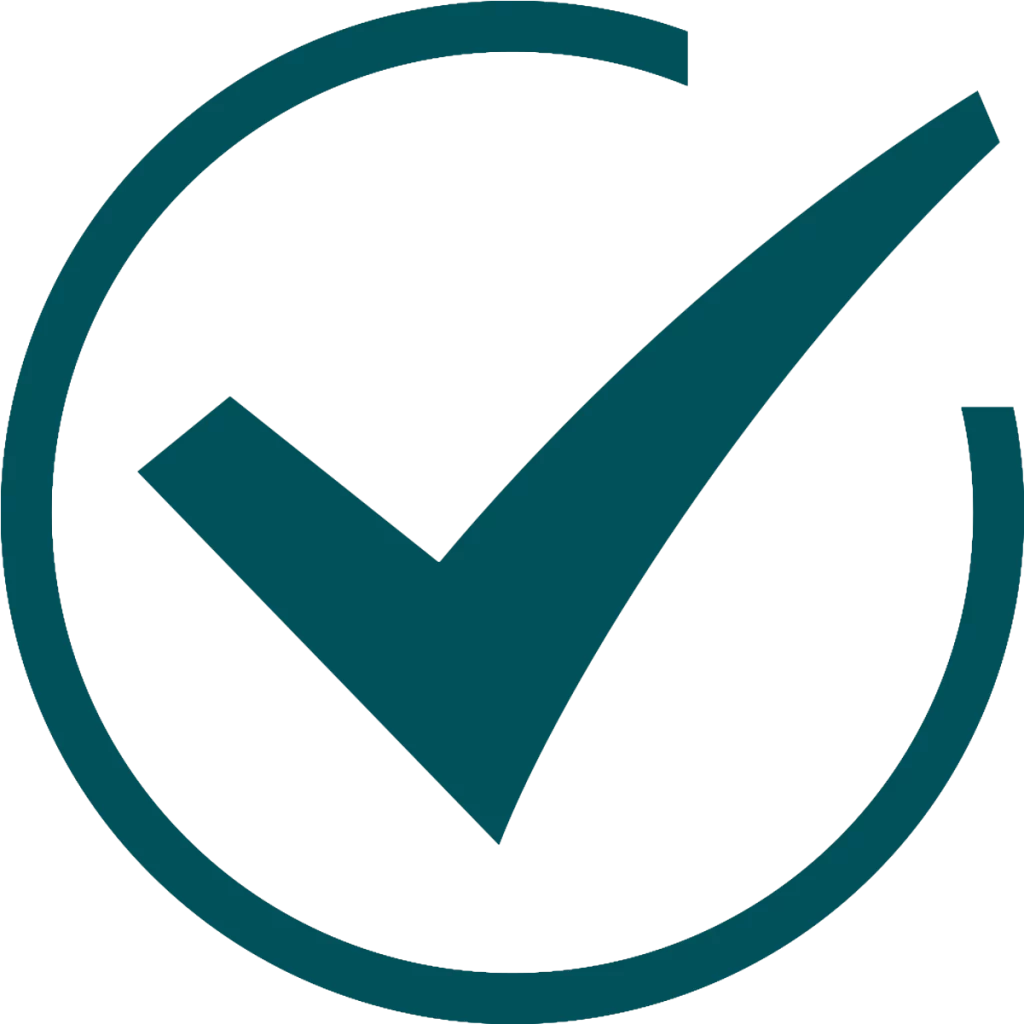-Our Transition to School Program and What You Can Do at Home-
The transition to school is such an important milestone in your child/ren's life. Parents often think that school readiness means being able to read, write and do basic maths. While these factors are important, evaluating school readiness is much more holistic – looking beyond academic progress to also take into account a child’s social, emotional, physical, communication and cognitive behaviours and skills.
At Young Academics, we pride ourselves on our signature approach to early childhood education, with the Transition to School program for children aged 4–5 years designed to target and achieve the key educational and developmental milestones required before starting school.
Our program takes a 360-degree view of a child’s development when preparing for school. Underpinned by play-based learning - which encourages learning in a stimulating, engaging and logical manner - we focus just as much on fostering physical, cognitive and emotional development to help children reach their full potential.
If you would like to continue to prepare your preschooler for this crucial transition at home, our educators have pulled together some tips to help you achieve this:
- Organise Play Dates
try to organise play dates with other children who will be starting at the same school as your little one/s before their first day. This will not only help develop important social skills, but will also provide confidence and assurance there will be a friendly face to connect with on their first day.
- Foster Autonomy
encourage your children to dress themselves, unwrap their own lunches/snacks and use the toilet independently whenever you can. Get them used to following instructions by asking them to help with simple tasks around the home like washing, cooking or setting the table. This will help build their emotional maturity and independence, which are essential behaviours for starting school.
- Read and Engage in Conversation
enjoying books with your child/ren helps develop their early literacy and communications skills and encourage a love of reading. When reading with your preschooler, talk to them about the story, ask questions, listen to their answers and get them to tell you what they think and feel about the story. This will not only build their comprehension and vocabulary but also prepare them to express themselves with new friends and teachers.
- Play Games
simple board games like Connect 4 and card games such as Snap and Go Fish are great for developing key cognitive skills and behaviours. Not only are they fun to play, but games such as these help teach your child/ren a basic understanding of numbers, problem-solving, how to take turns and deal with not always winning.
- Variety in Play
will assist in developing your child's fine motor skills as well as physical coordination. Let your child/ren draw with a range of different materials such as pencils, crayons, chalk and textas and learn how to modify their approach when using different resources. Do the same when engaging in physical activities – encourage a variety of movements and equipment options, such as running, jumping, skipping, climbing and playing with different types of bats and balls.
Remember, every child develops at their own pace and has their own strengths, interests and unique approach to learning. Not all children will demonstrate all of the ‘school ready’ skills and behaviours described above. If you feel at all concerned with your child’s development, please feel free to reach out to your Young Academics educators who will happily provide an assessment and advice.



 BACK
BACK